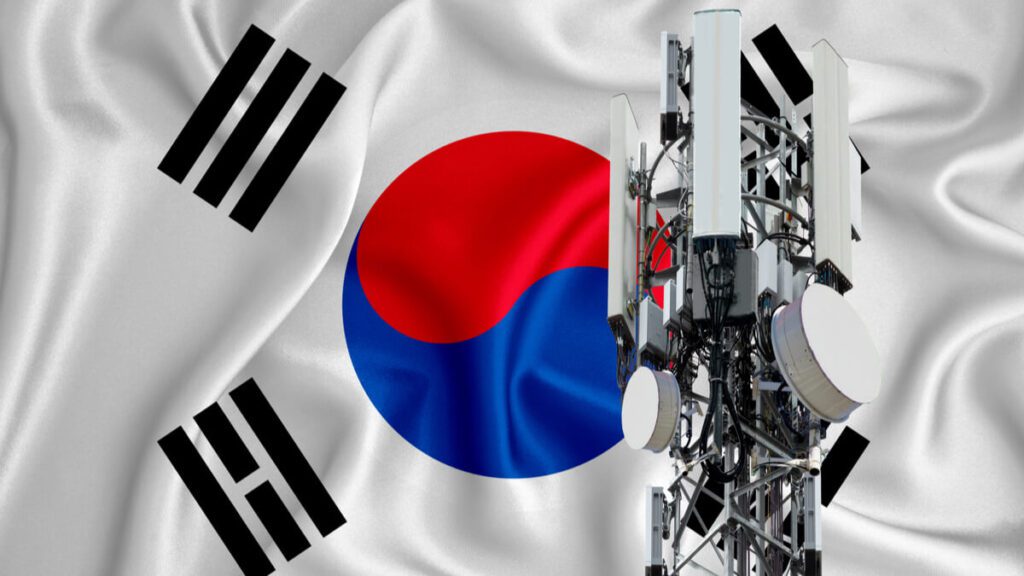S. Korean operators to share 5G networks in remote areas

South Korea’s three major mobile operators, SK Telecom, KT and LG Uplus, have agreed to share their 5G networks in remote coastal and farm towns.
The initiative is designed to accelerate the rollout of 5G networks across the country, Yonhap news agency cited the Korean ICT Ministry as saying. The agreement signed by SK Telecom, KT and LG Uplus will enable 5G users to access 5G services regardless of their mobile operator in 131 remote locations across the country.
The ministry said telecom operators will test the network sharing system before the end of this year and aim for complete commercialization in phases by 2024.
The ministry noted that the selected remote regions are sparsely populated, with a population density of 92 people per square kilometer, compared with those without network sharing at 3,490 people per square kilometer.
1 million subscribers in 5g network
In addition, South Korea ended January with 12.87 million subscribers in the 5G segment after a net addition of almost 1 million subscribers in the first months of the year, Yonhap reported, citing data from the Ministry of Science and ICT.
As of February, the country had 13.66 million 5G subscriptions, accounting for 19 percent of its total mobile users. South Korea was the world’s first country to commercialize 5G in April 2019.
The big boost in 5G subscriptions during the first month of the year was due to the popularity of Samsung Electronics’ latest flagship Galaxy S21 smartphones, according to the report.
“Korean telcos are expecting a big surge in 5G adoption this year, with top wireless carrier SK Telecom aiming to have 9 million 5G users by the end of the year, and smaller rival LG Uplus targeting 4 million,” the ministry said.
SK Telecom added a total of 1.21 million 5G subscribers in the last quarter of 2020. For full 2020, SK Telecom saw the addition of 3.4 million subscribers in the 5G segment, according to previous reports.
Total mobile subscriptions in the Asian nation stood at 70.69 million at the end of January, with 4G subscriptions at 51.9 million, down 660,000 compared to December.
The move comes as the country races to establish nationwide 5G coverage, with network equipment currently installed in major cities.
The three telecom operators promised in July last year to invest up to 25.7 trillion won (US$23.02 billion) to update their network infrastructure by 2022.
